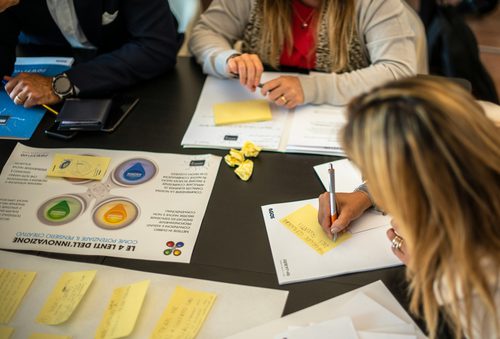Published outputs from this project:
There have been many initiatives aiming at preventing modern slavery delivered at local, national, and international levels, that have included communications and awareness-raising campaigns, education initiatives, civil orders to deter offending and multi-agency partnerships. However, there are recognised evidence gaps about ‘what could or does work’ to prevent modern slavery.
Policymakers, practitioners and funders need guidance to help them identify and prioritise those interventions which have the greatest potential and consider how to allocate resources in a way that is effective and equitable to prevent modern slavery.
The research team from the School of Health and Related Research at the University of Sheffield, in collaboration with AFRUCA/BASNET and the West Midlands Anti-Slavery Network, will respond to those challenges by examining ‘what works and what could work’ to prevent sexual exploitation and labour exploitation in the UK.
The project frames modern slavery as a public health challenge: it does harm to individuals, families, communities and society. Preventing modern slavery means working across these levels, state and civil society, to address risk factors before exploitation happens and after it has occurred.
Working across the project partners, the team is collecting evidence in three ways:
- A rapid review of the published literature on preventing modern slavery
- A survey of the programmes and projects going on in the UK that seek to prevent modern slavery
- Consulting with charities, local providers, and people with lived experience of modern slavery about the sorts of projects and programmes that prevent or could prevent harm
Using a public health approach means that the project will look at factors that are deep causes of modern slavery such as poverty, exclusion and demand for cheap labour; and the community, family and individual factors that can make exploitation more likely, for example living in vulnerable circumstances or being an undocumented migrant. The research will then identify which programmes or projects could address each factor.
The research will also look to other complex areas of prevention, such as preventing terrorism and violent crime, to see if there are lessons that could be learned within the modern slavery sector.
Project team: Liz Such, Amy Barnes, Habiba Aminu Saddiq and Kate Hayes, (University of Sheffield), Debbie Ariyo (BASNET and AFRUCA), Robin Brierley (West Midlands Anti Slavery Network).
This project was commissioned under the Modern Slavery PEC Responsive Research mechanism.





